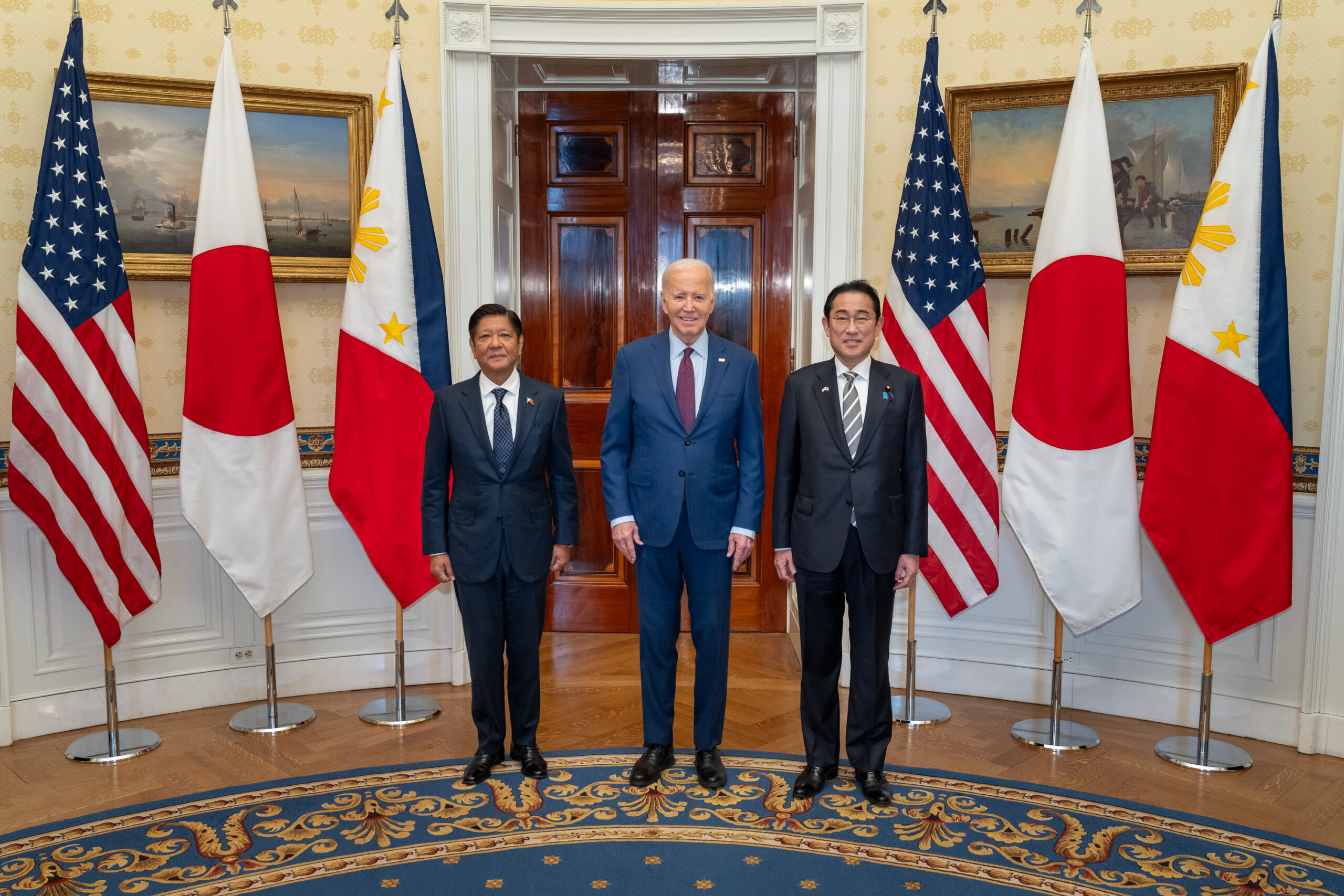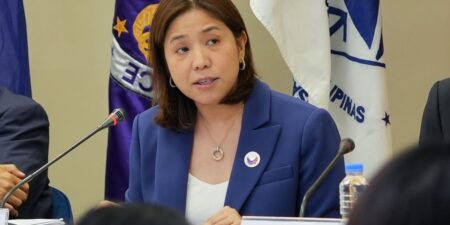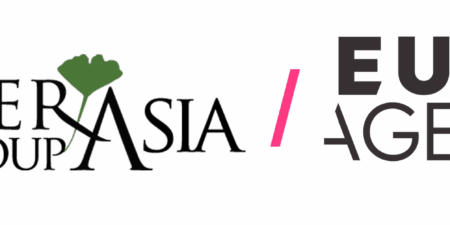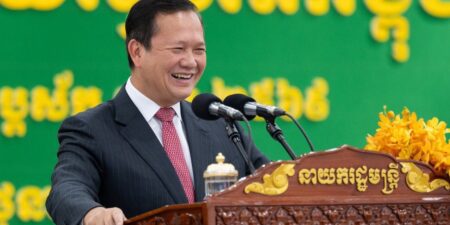The BGA Philippines Team, led by Managing Director Victor Andres Manhit, wrote an update on the first U.S.-Philippines-Japan trilateral summit.
Context
- Philippine President Ferdinand Marcos Jr. joined U.S. President Joe Biden and Japanese Prime Minister Fumio Kishida for an inaugural trilateral summit in Washington, D.C., April 11. Prior to the historic engagement, Marcos and Biden met bilaterally at the White House and agreed to strengthen the economic and security partnerships between their two nations.
- The summits took place as China has stepped up its pressures against the Philippines in the disputed South China Sea over the past 18 months. Beijing has used its coast guard and maritime militia vessels to block Philippine efforts to resupply its marines stationed on a warship Manila grounded on Second Thomas Shoal to boost its sovereignty claims.
Significance
- During their bilateral meeting, Biden and Marcos welcomed the significant progress in the U.S.-Philippine relations. They discussed new initiatives aimed at strengthening economic and energy security; enhancing maritime cooperation; investing in critical infrastructure; reaffirming their shared commitment to advancing democracy, human rights and labor rights; and deepening people-to-people ties. The two leaders emphasized their adherence to international law in the South China Sea, with Biden reiterating the unwavering commitment of the United States to the Philippines under the U.S.-Philippines Mutual Defense Treaty, which extends to armed attacks on Philippine armed forces, public vessels or aircraft in the Pacific, encompassing the entirety of the South China Sea.
- Marcos emphasized the Philippines’ friendship and partnership with the United States and Japan during the trilateral summit. In this new Pacific alliance, the three countries have consistently affirmed their commitment to a rules-based international order. As the Indo-Pacific faces a multitude of challenges, both current and potential, the situation demands enhanced cooperation among regional stakeholders for their collective benefit.
- On digitalization, the Philippines will get support in developing critical and emerging technologies to enable a reliable, secure and interoperable information communications and technology ecosystem. This includes the establishment of an Open Radio Access Network Academy in Manila and the hosting of a Trilateral Cyber and Digital Dialogue.
- On infrastructure, the Philippines will garner support from the United States and Japan in building its infrastructure through the Luzon Economic Corridor. The three countries announced the first Partnership for Global Infrastructure and Investment in the Indo-Pacific to support connectivity between Subic Bay, Clark, Manila and Batangas. This will include coordinated investments in high-impact infrastructure such as rails, ports modernization, clean energy and semiconductor supply chains and agribusiness. A trilateral investment forum will be held in Manila on the sidelines of the Indo-Pacific Business Forum in May 2024.
- On energy, the United States and Japan will assist the Philippines in its transition to clean energy and in building a clean energy supply chain. The Philippines requested support in training scientists, engineers and policymakers to promote renewable energy uptake and the responsible use of nuclear energy, following the signing last year of a “123” civil-nuclear cooperation agreement between Washington and Manila.
- On defense and security, the three countries reaffirmed their commitment to a free and open Indo-Pacific. The Philippines, United States and Japan expressed serious concerns about the increasingly coercive and aggressive behavior of China in the West Philippine Sea. The three countries reiterated the legality of the arbitral award accorded to the Philippines in 2016. The security and stability in the West Philippine Sea directly impact the economic security of the Indo-Pacific.
Implications
- The meetings offer the Philippines the opportunity to strengthen its economic relations with like-minded partners across various areas of cooperation. These encompass information communications and technology, infrastructure, climate change and clean energy supply and defense and security. The efforts will significantly contribute to ensuring peace, security, stability and prosperity in the Indo-Pacific. Notably, the trilateral summit demonstrates a concerted effort to address multifaceted challenges and seize opportunities on various fronts, such as inclusive economic growth, emerging technologies, clean energy supply chains, climate cooperation and peace and security both in the Indo-Pacific and globally.
- Japan regards the Philippines as a highly significant partner in realizing its vision of a free and open Indo-Pacific.
- Japan has consistently supported the enhancement of the Philippines’ security capabilities through various means, such as providing coastal surveillance radar, patrol vessels and capacity-building assistance to the Philippine coast guard. During times of disasters such as typhoons, Japan has promptly dispatched its Self-Defense Forces to conduct relief operations in the Philippines. Additionally, Japan is currently in discussions with the Philippines to expedite the conclusion of the Reciprocal Access Agreement to facilitate smoother inter-force cooperation.
- Japan and the United States committed to strengthening support for the capacity building of the Philippine coast guard. The leaders agreed that their maritime security agencies will conduct joint training in the Indo-Pacific within the next year.
- Japan and the Philippines expanded their economic relationship into the realm of economic security. Cooperation in semiconductor and critical mineral supply chains and cooperation in technology and talent development related to semiconductors and Open Radio Access Network were added to the agenda of the three countries.
We will continue to keep you updated on developments in the Philippines as they occur. If you have any questions or comments, please contact BGA Philippines Managing Director Victor Andres Manhit at vmanhit@bowergroupasia.com. Questions or comments about Japan-Philippines ties should be directed to BGA Japan Managing Director Kiyoaki Aburaki at kaburaki@bowergroupasia.com.
Best regards,
BGA Philippines Team

Managing Director
Dindo is recognized as one of Manila’s most well-connected and savvy advisors on developments in government and business in the Philippines. Concurrent to his role as managing director for BGA’s operations in the Philippines, he is also the founder and managing director of the Stratbase Group and president of its policy think tank, the Albert del Rosario Institute for Strategic and International Studies. Since 1991, Dindo has served as a member of the faculty and is the former chair of the Political Science Department and a senior fellow of the La Salle Institute of Governance at the De La Salle ...
Read More


























